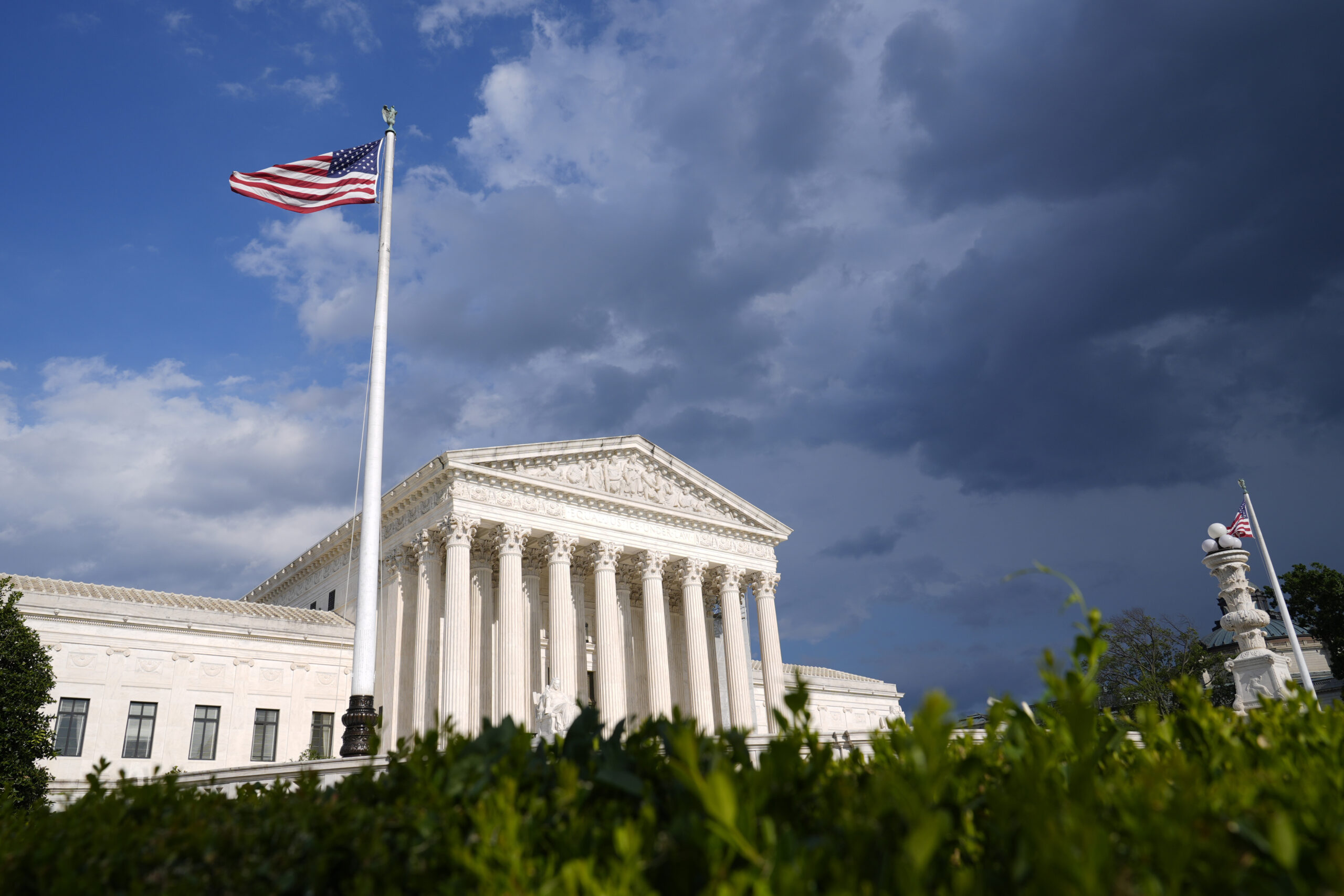President Biden vetoed legislation on Tuesday that would have reinstated tariffs on solar panels from Chinese companies in Southeast Asia that had been found to be imported into the United States in violation of trade rules.
The Senate narrowly passed the resolution this month, with several key Democrats supporting the measure, in a sharp rebuke to Mr. Biden. The president announced a two-year pause on the tariffs last year after importers complained that the penalties would threaten broader adoption of solar energy in the United States.
“Passage of this resolution bets against American innovation,” Mr. Biden said in a statement on Tuesday. “It would undermine these efforts and create deep uncertainty for American businesses and workers in the solar industry.”
A two-thirds majority of lawmakers in both houses would be needed to override Mr. Biden’s veto.
The showdown has pitted Mr. Biden’s climate goals against efforts to make the United States less reliant on China’s supply of materials that are crucial for the American economy. Critics said the suspension on tariffs failed to defend American workers and solar manufacturers, who have pushed the administration to block the importing of cheap products.
“We must back up the message of wanting to build a U.S. supply chain with action — even if it is difficult and complicates some deployments,” said Robbie Diamond, the chief executive of SAFE, a group that advocates reducing American dependence on oil. “If we’re going to talk the talk, we must walk the walk.”
Members of Congress took aim at Mr. Biden’s suspension of the penalties after a U.S. trade court ruled in December that four Chinese companies illegally tried to evade American tariffs on solar products sent from China by routing their products through factories in Southeast Asia.
If not for Mr. Biden’s halt on the tariffs, those companies would have been subject to higher duty rates to bring products into the United States. Some Democrats joined Republicans in accusing the administration of violating U.S. trade rules written to protect American manufacturers.
Representative Dan Kildee, Democrat of Michigan, said in a statement on Tuesday that Mr. Biden had failed “to hold China accountable.”
“Failing to stand up to those who engage in unfair trade practices hurts American workers and manufacturers,” Mr. Kildee said.
The administration, however, has argued that buying solar panels from China in the short term is necessary to make good on the president’s efforts to mitigate climate change. China makes the vast majority of cells and panels that convert sunlight into electricity.
Solar importers and installers have, however, defended the pause on tariffs and said it should be extended even longer. The White House has also argued that the materials are needed as companies commit to building solar panels after Mr. Biden passed the Inflation Reduction Act, which provides $37 billion in incentives for companies to produce solar panels, wind turbines, batteries and crucial minerals in the United States.
“This action is a reaffirmation of the administration’s commitment to business certainty in the clean energy sector, and a signal to companies to continue creating jobs, building domestic manufacturing capacity and investing in American communities,” Abigail Ross Hopper, the president of the Solar Energy Industries Association, said in a statement.
Ana Swanson contributed reporting.















Discussion about this post